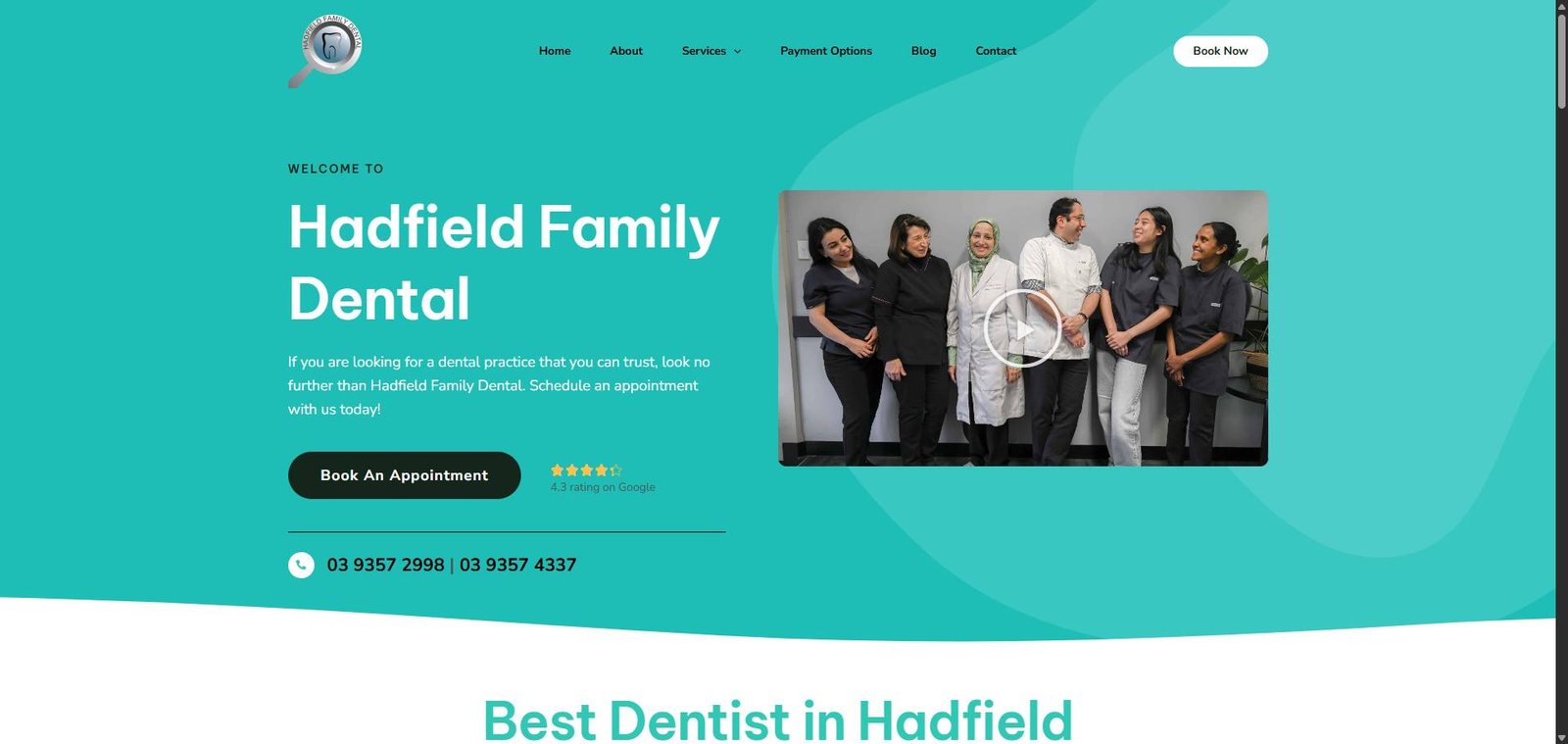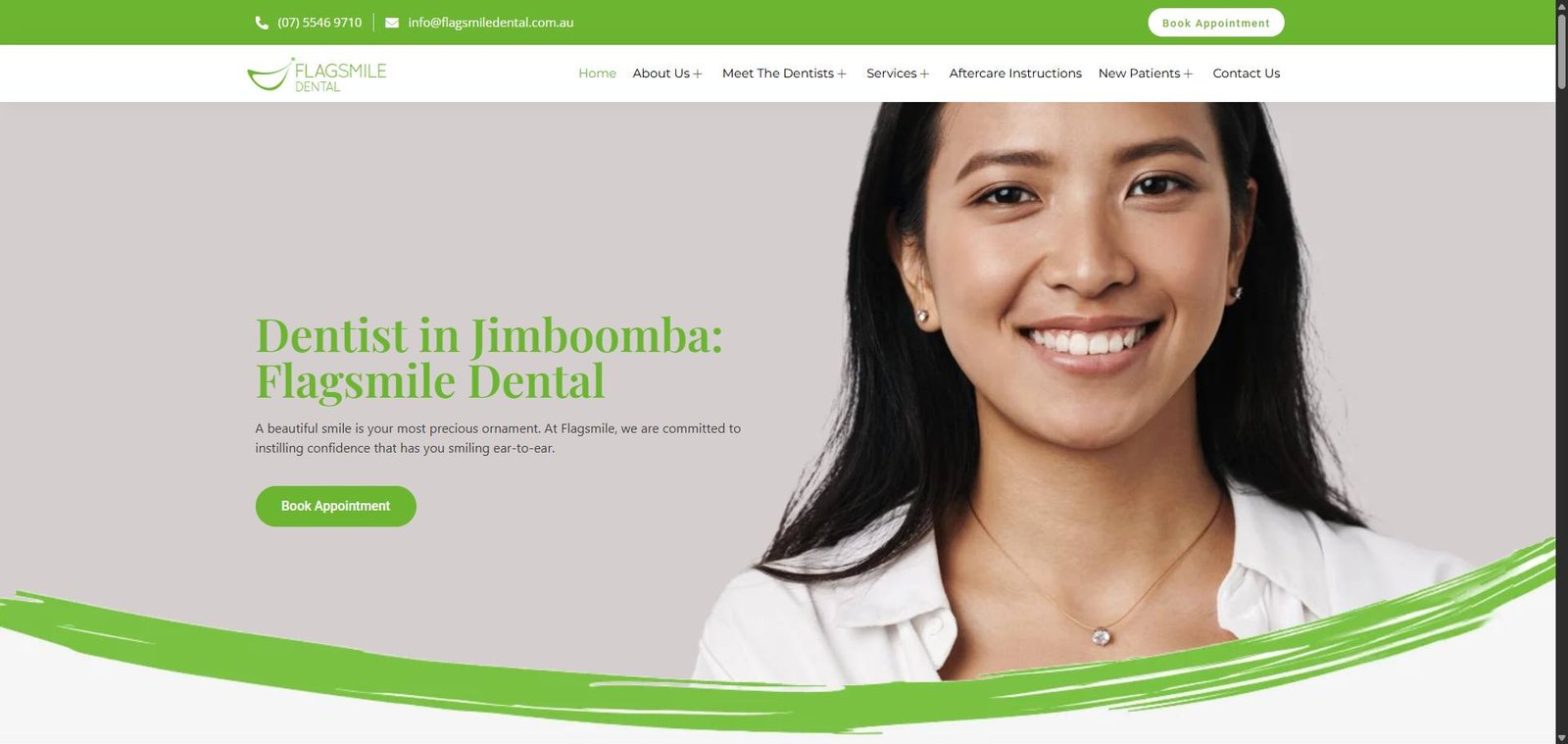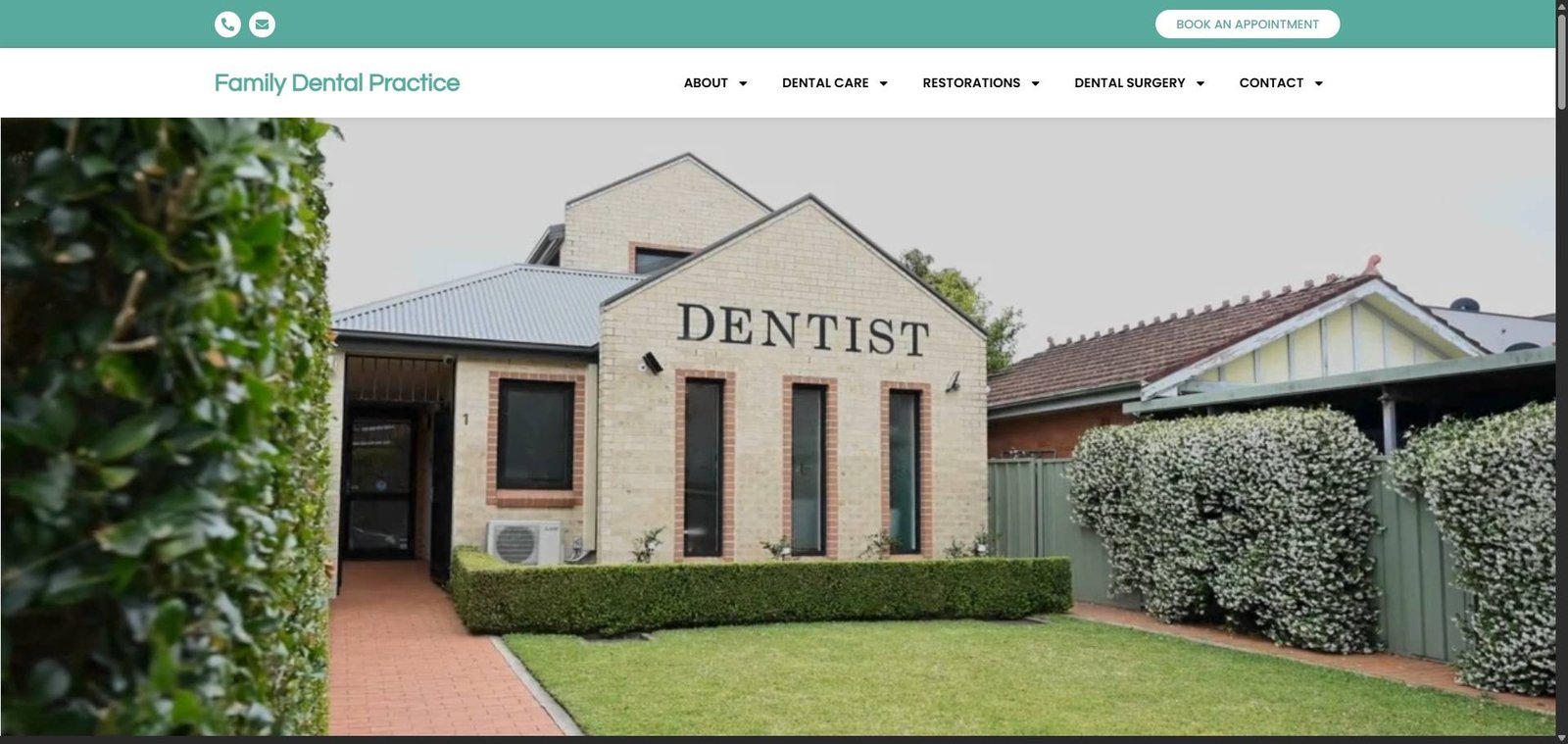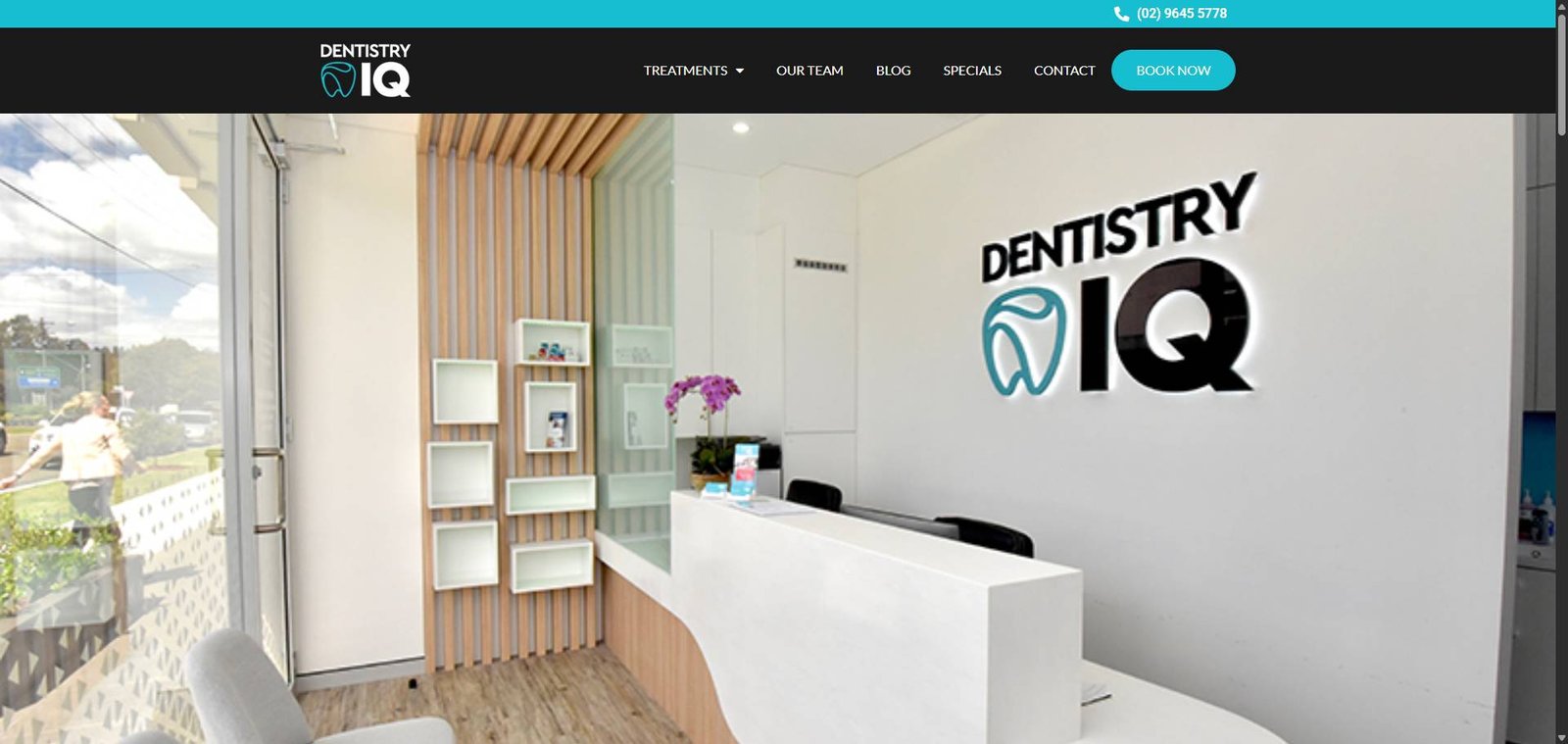AI is changing how businesses handle on-page SEO. Instead of relying on outdated keyword stuffing, you can now optimize for meaning, intent, and topic depth. That’s especially important in industries like hospitality, real estate, and healthcare, where each visitor has a specific goal and expects accurate, helpful information.
In this article, we’ll walk you through how AI-driven tools are reshaping SEO for each of these industries—and how you can use them to build better pages, improve user experience, and increase visibility.
AI and the Evolution of On-Page SEO
Traditional SEO focused on keywords and meta tags. Today, the focus is on semantic relevance, topic coverage, and user intent.
AI-powered SEO tools such as:
…analyze top-ranking content and suggest improvements based on topic gaps, related entities, and heading structure.
Quick Definitions:
- Semantic SEO: Optimizing content to match meaning and topic intent, not just keywords.
- NLP (Natural Language Processing): AI’s ability to understand language context.
- Schema Markup: Code that helps search engines understand your content better.
These tools help you:
- Improve content based on actual search behavior
- Find related questions and subtopics to answer
- Build better internal linking between pages
- Identify thin or outdated content to update
AI in On-Page SEO for the Hospitality Industry
Travelers often search using intent-based queries, like:
- “Pet-friendly hotels in Downtown Dubai”
- “Beachfront resorts for families in Abu Dhabi”
AI helps hospitality businesses by:
- Suggesting local keyword variations (e.g., neighborhood, amenities)
- Rewriting room descriptions with semantic clarity
- Generating seasonal or event-based content suggestions
- Creating FAQs from user behavior trends
Internal linking also becomes easier. You can connect room pages, spa services, blogs (“Things to Do Near Our Hotel”), and dining menus based on user flow and AI-driven suggestions.
AI in On-Page SEO for Real Estate
Real estate websites often manage hundreds of listings. Each one must be clear, local, and keyword-rich without sounding repetitive.
AI improves this by:
- Enriching property descriptions using local language (e.g., “near JLT metro,” “with Dubai skyline views”)
- Structuring content around user queries like “apartments with schools nearby”
- Generating schema markup for bedrooms, bathrooms, amenities, and more
- Creating blog content based on buyer and investor questions
It also supports building topical authority, for example:
- Community guides: Highlight walkability, price trends, nearby parks
- Investment tips: Add FAQ sections on rental yields and mortgage options
Tool tip: Jasper and NeuronWriter work well for real estate content generation.

AI in On-Page SEO for Healthcare
Healthcare content must be accurate and easy to understand. AI helps you strike the balance by:
- Rewriting medical content into plain, simple language
- Structuring content into topics like symptoms, treatments, and FAQs
- Suggesting relevant schema (e.g., MedicalWebPage, FAQPage, Organization)
- Monitoring YMYL content guidelines from Google (for trust and accuracy)
YMYL = “Your Money or Your Life” – Topics like health and finance that affect people’s well-being and require strict accuracy.
Always ensure a qualified healthcare professional reviews content generated by AI. Use tools like Content at Scale that offer AI with compliance features.
Quick Reference Table
Industry | AI Use Cases for SEO |
Hospitality | Local keyword discovery, service-based content, event-focused pages |
Real Estate | Listing enhancements, neighborhood guides, investor FAQs |
Healthcare | Simplified explanations, topic segmentation, medical schema |
Benefits and Risks of AI-Driven SEO
Benefits:
- Saves time and scales content production
- Improves topic depth and semantic relevance
- Enhances user experience and search visibility
Risks:
- AI may provide outdated or incorrect info
- Google expects human oversight for AI-written content
- Healthcare and legal content must meet higher standards (E-E-A-T)
Use AI for structure, ideas, and optimization—but let a human voice shape the final message.
Best Practices for Implementing AI in On-Page SEO
- Start with a topical map for your industry
- Use AI to support writing, not replace it
- Add internal links based on content clusters
- Mark up key elements with proper schema
- Review every piece for clarity and accuracy
Need Help Putting AI to Work in Your SEO?
At Pracxcel Marketing, we combine smart AI tools with deep SEO expertise to help you grow your visibility—without cutting corners. Whether you’re in hospitality, real estate, or healthcare, we’ll guide you toward better content, stronger structure, and higher rankings.
Contact us now for a personalized SEO audit or AI-assisted content plan.
FAQs
It’s the use of AI tools to optimize how website content is written, structured, and presented to match search behavior.
It improves how hotels and resorts target local search queries and structure services for online visibility.
Yes, with human review. Use AI for structure and clarity, but always verify accuracy with experts.
SurferSEO, Jasper, and NeuronWriter are good options for descriptions, schema, and content planning.
No, as long as the content is helpful, accurate, and reviewed. Google focuses on quality, not how it was made.
Use AI only for content drafting. Final content should be reviewed by licensed professionals.
Yes. Many SEO tools recommend internal links based on topic clusters and user intent.
Some AI tools suggest the right schema (FAQPage, Product, MedicalService) based on your page content.







